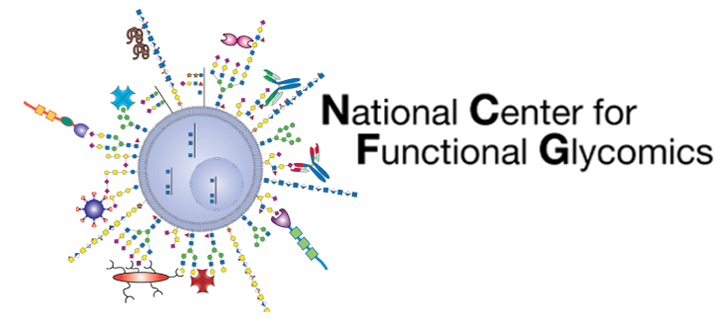Toledo KA, Fermino ML, Andrade CDC, Riul TB, Alves RT, Muller VDM, Russo RR, Stowell S, Cummings R, Aquino VH, et al. Galectin-1 exerts inhibitory effects during DENV-1 infection.. PLoS One. 2014;9(11):e112474.
Abstract
Dengue virus (DENV) is an enveloped RNA virus that is mosquito-transmitted and can infect a variety of immune and non-immune cells. Response to infection ranges from asymptomatic disease to a severe disorder known as dengue hemorrhagic fever. Despite efforts to control the disease, there are no effective treatments or vaccines. In our search for new antiviral compounds to combat infection by dengue virus type 1 (DENV-1), we investigated the role of galectin-1, a widely-expressed mammalian lectin with functions in cell-pathogen interactions and immunoregulatory properties. We found that DENV-1 infection of cells in vitro exhibited caused decreased expression of Gal-1 in several different human cell lines, suggesting that loss of Gal-1 is associated with virus production. In test of this hypothesis we found that exogenous addition of human recombinant Gal-1 (hrGal-1) inhibits the virus production in the three different cell types. This inhibitory effect was dependent on hrGal-1 dimerization and required its carbohydrate recognition domain. Importantly, the inhibition was specific for hrGal-1, since no effect was observed using recombinant human galectin-3. Interestingly, we found that hrGal-1 directly binds to dengue virus and acts, at least in part, during the early stages of DENV-1 infection, by inhibiting viral adsorption and its internalization to target cells. To test the in vivo role of Gal-1 in DENV infection, Gal-1-deficient-mice were used to demonstrate that the expression of endogenous Galectin-1 contributes to resistance of macrophages to in vitro-infection with DENV-1 and it is also important to physiological susceptibility of mice to in vivo infection with DENV-1. These results provide novel insights into the functions of Gal-1 in resistance to DENV infection and suggest that Gal-1 should be explored as a potential antiviral compound.
Last updated on 03/06/2023
